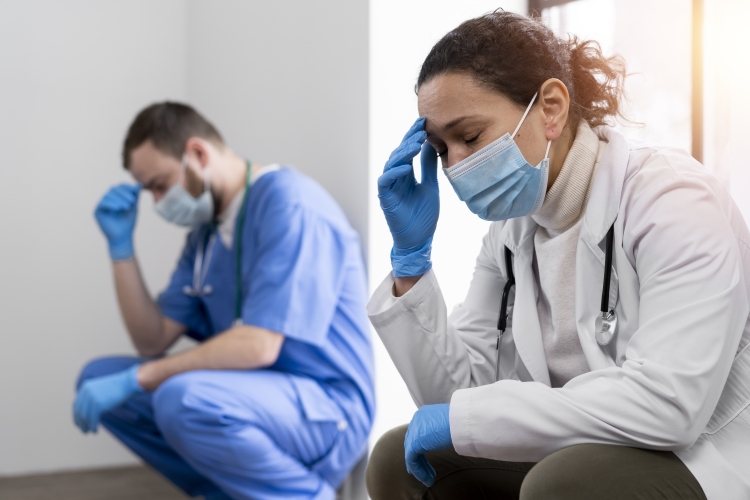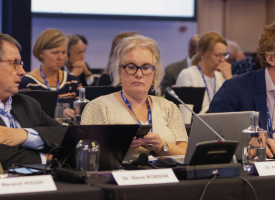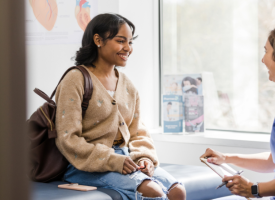Bullying and harassment of South Australian junior doctors could affect patient care
South Australia’s junior doctors continue to experience bullying, harassment, racism and discrimination at unacceptable levels, according to the results of a national survey of doctors in training.

South Australia’s junior doctors continue to experience bullying, harassment, racism and discrimination at unacceptable levels, according to the results of a national survey of doctors in training.
The 2024 Medical Training Survey was completed by 1,456 medical trainees across metropolitan and regional South Australia.
One in five junior doctors who responded (22 per cent) said they experienced bullying, harassment, racism and discrimination in the past 12 months.
Of those, 73 per cent did not report the behaviour.
The Chair of AMA SA’s Doctors in Training (DiTs) Committee, Dr Hayden Cain said the problem appears to be getting worse.
‘The percentage of junior doctors who reported bullying, harassment, racism or discrimination in this year’s survey was two per cent higher than it was last year,’ Dr Cain said.
‘Right now it’s clear that the majority of junior doctors who fall victim to this destructive behaviour do not feel comfortable reporting it. As long as that’s the case, the bad behaviour will not change.
‘We must work on developing clear and simple reporting pathways so we can begin to address the stubborn cultural and systemic issues which underpin the high rates of bullying harassment and racism junior doctors confront.’
Dr Cain said while the results are concerning for doctors, patients should be worried too.
‘When doctors’ health and wellbeing is affected, so too is their capacity to provide best practice care,’ he said.
‘The culture of medicine must improve to create safe training and work settings for doctors and their patients.
AMA SA President Dr John Williams said it was pleasing that most junior doctors in South Australia are satisfied with the quality of their education. 88 per cent described their clinical supervision as good or excellent while 85 per cent described the quality of teaching sessions as good or excellent.
But Dr Williams said it’s clear that cultural issues need to be addressed.
‘17% of junior doctors in South Australia – that’s almost 1 in 5 – said they were considering a future outside of medicine. That should be a major wake-up call for health decision makers across the system,’ Dr Williams said.
‘Australia needs more doctors to meet the complex health needs of the population.
‘We must do everything we can to support junior doctors to ensure they go on to enjoy long careers. The future health of the state depends on it.’
AMA SA is continuing to work with SA health and Local Health Networks to find ways to minimise levels of bullying, harassment, discrimination and racism in South Australia’s public hospitals.
For more information or interview requests please contact Media and Communications Advisor Ben Terry on 0478 847 604.



